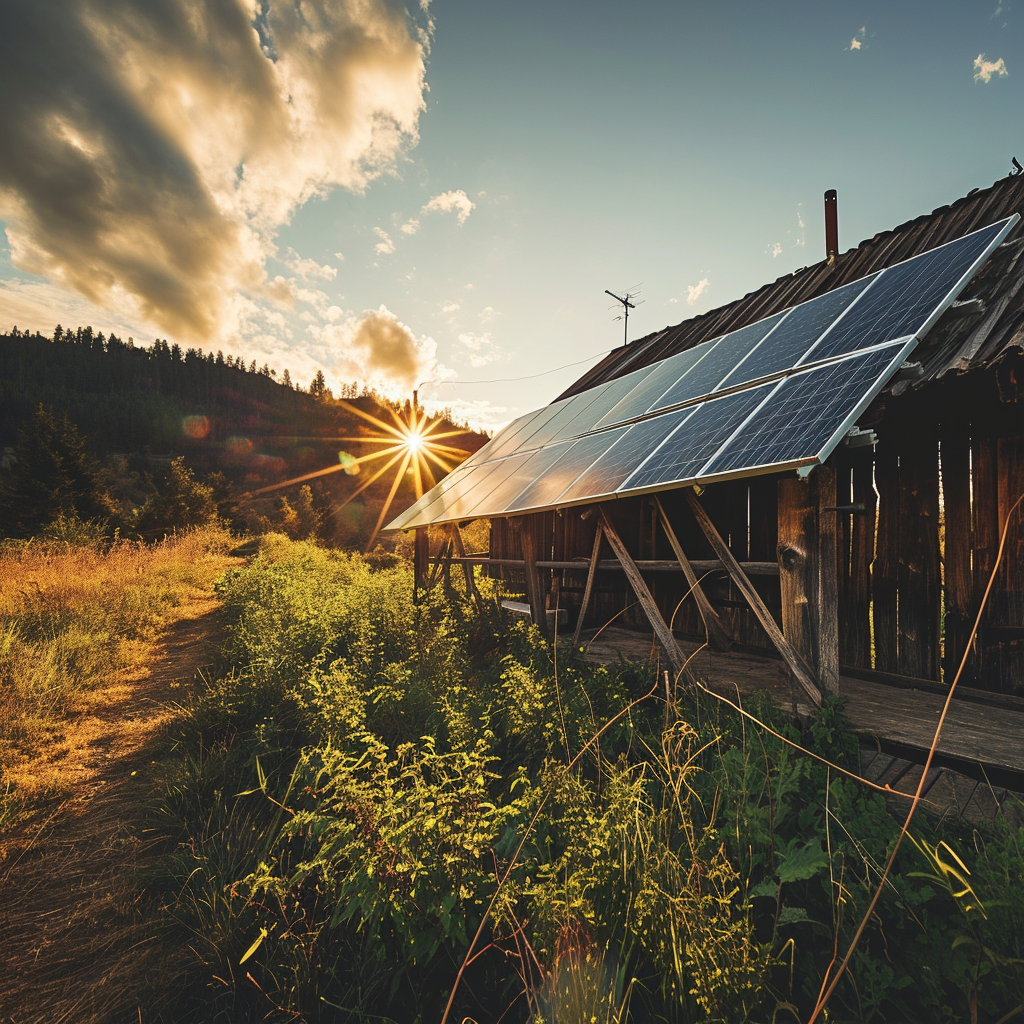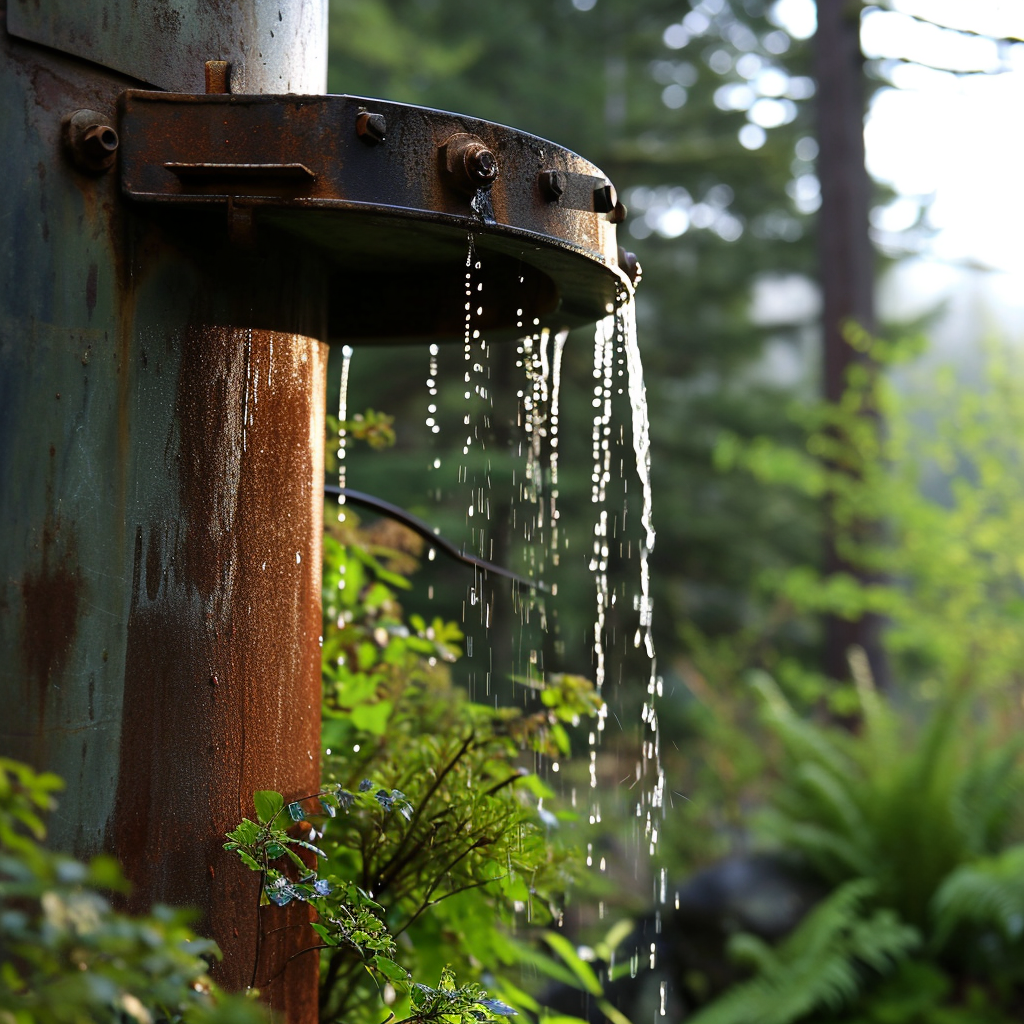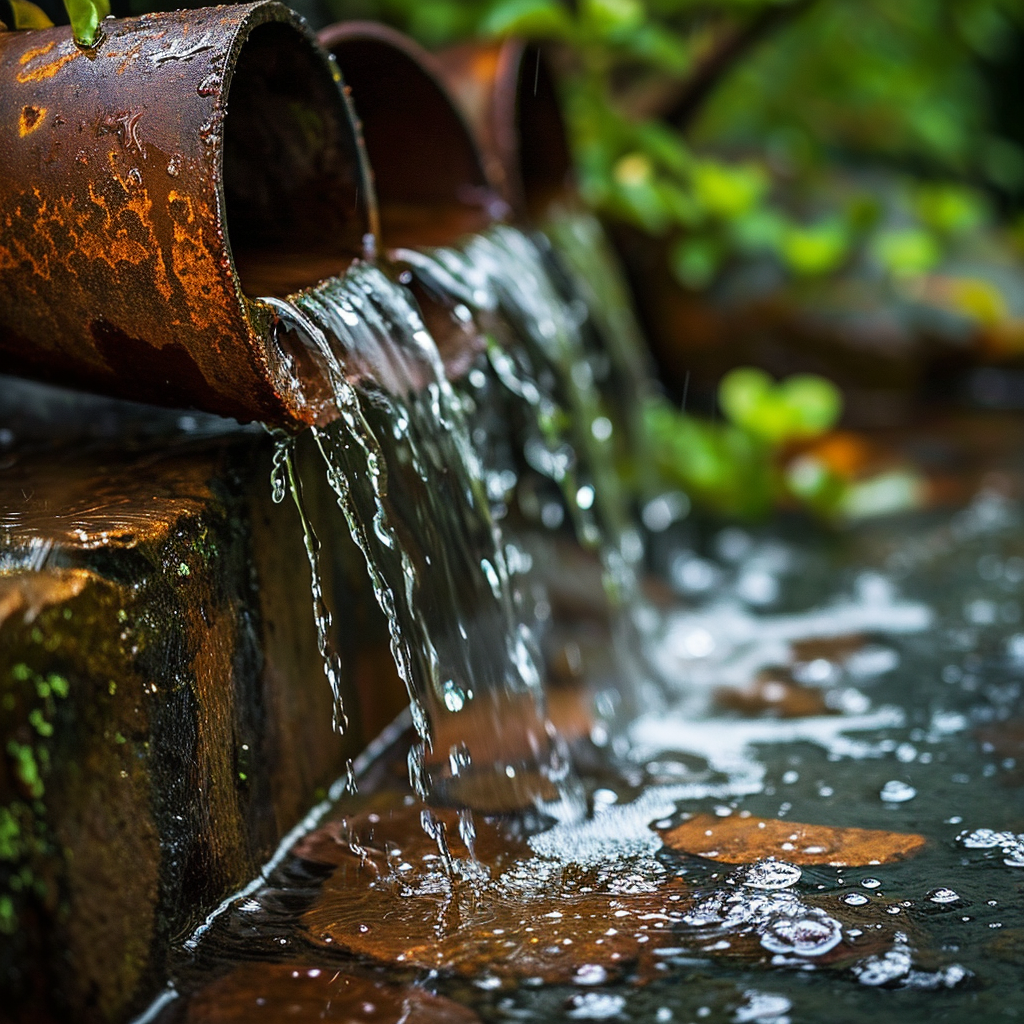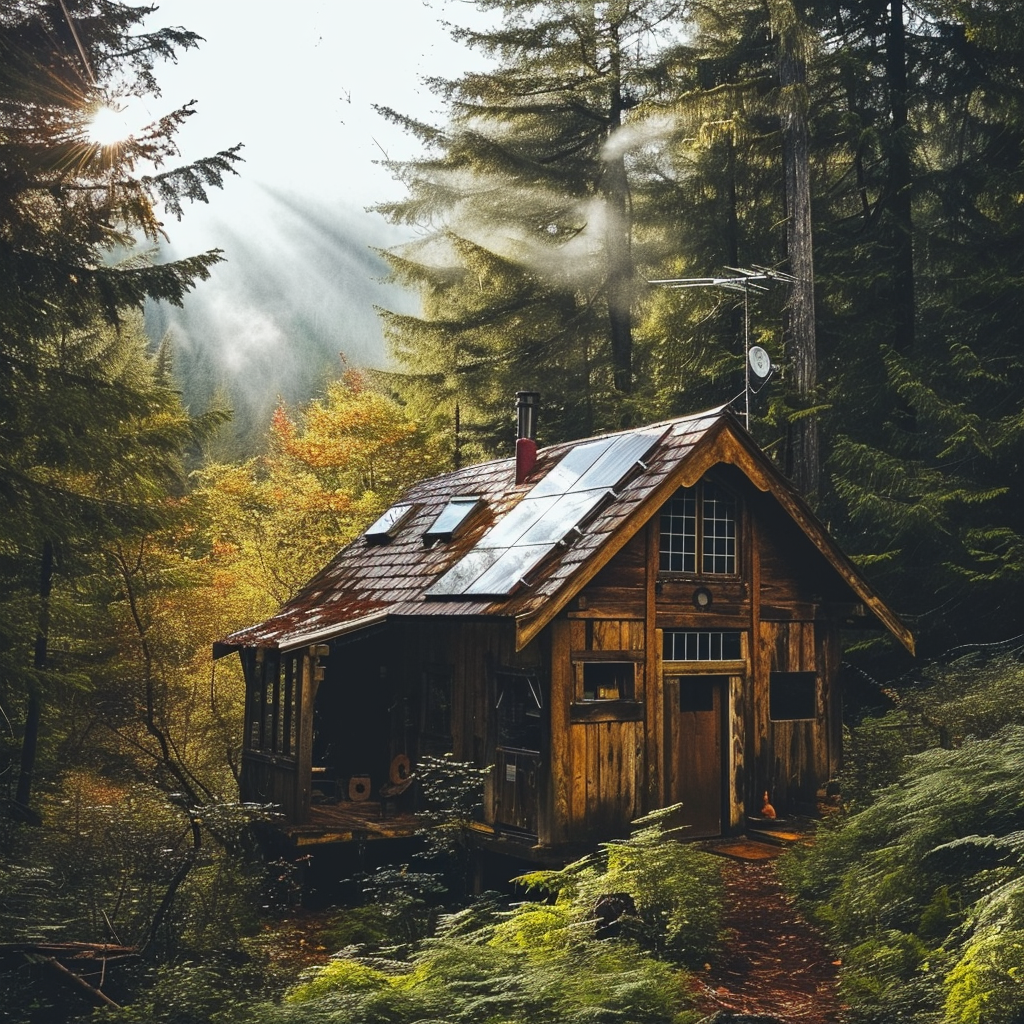Have you ever wondered what it would be like to live off the grid? To disconnect from the fast-paced, technology-driven world we live in and embrace a simpler, self-sustainable lifestyle? It may sound like a dream come true for some, but living off the grid comes with its fair share of challenges. In this article, we will explore what is the main problem in off the grid living and learn more about how they overcome these challenges to create a sustainable and fulfilling life.
One of the biggest challenges of living off the grid is the lack of access to basic amenities that many of us take for granted. When you’re living off grid, you’re typically not connected to the main power grid, which means you need to generate your own electricity. This can be done through solar panels, wind turbines, or even hydro power, but it requires careful planning and investment. Additionally, access to clean and running water can be a challenge, as off-grid living often involves collecting rainwater or drilling wells for a reliable water source.
Another significant challenge is adjusting to a more self-sufficient lifestyle. Living off the grid means relying on your own resources for food, shelter, and other necessities. This can be a drastic change for those who are used to the convenience of grocery stores, online shopping, and fast food restaurants. Off-grid living often involves growing your own food, raising livestock, and finding alternative ways to meet your daily needs. However, many off-gridders find this aspect of their lifestyle incredibly rewarding, as it allows them to be more connected to nature and live in harmony with the environment.
In conclusion, living off the grid may seem like an idyllic way of life, but it comes with its own set of challenges. From generating your own electricity to becoming self-sufficient in terms of food and water, off-grid living requires careful planning, resourcefulness, and a willingness to adapt to a simpler lifestyle. However, for those who are willing to take on these challenges, the rewards can be immeasurable. In the upcoming article, we will delve deeper into these challenges and offer practical tips for those considering the off-grid lifestyle.
The Challenges of Living Off the Grid
Living off the grid can be an appealing lifestyle choice for many individuals seeking independence, self-sustainability, and a closer connection to nature. However, this alternative way of life also presents numerous challenges that one must be prepared to face. In this article, we will discuss the various obstacles and difficulties that come with living off the grid. From limited access to basic amenities to extreme weather conditions and isolation, living off the grid is not without its challenges.
Limited Access to Basic Amenities
One of the primary challenges of living off the grid is the limited access to basic amenities that are readily available to those living in urban or suburban areas. Without a connection to the main power grid, it becomes essential to generate your own electricity, often through solar panels, wind turbines, or generators. While this offers a sense of self-sufficiency, it also requires significant investment and ongoing maintenance to ensure a reliable power supply.
Similarly, access to clean water may be a challenge when living off the grid. Without a municipal water supply, individuals must rely on rainwater harvesting, wells, or natural bodies of water to meet their daily needs. The purification and filtration of water become essential to prevent the risk of waterborne diseases and ensure its safety for consumption.

Unpredictable and Inconsistent Power Supply
One of the significant disadvantages of living off the grid is the unpredictable and inconsistent power supply. Depending on the renewable energy sources chosen, power generation may fluctuate depending on weather conditions or seasonal variations. This can result in periods of limited power availability, impacting daily activities and requiring careful energy management. It is crucial to carefully plan and implement systems that can store excess energy for future use during periods of low power generation.
Difficulty in Maintaining Communication
Living off the grid often means being located in remote areas with limited infrastructure, including telecommunication networks. This can pose challenges in maintaining regular communication with the outside world. Limited or no internet access, weak or non-existent cellular signal, and a lack of landline infrastructure can make it difficult to stay connected with family and friends, access vital information, or even conduct business. Investing in satellite internet or building tall communication towers may be necessary for better connectivity but can be expensive and may not always be feasible.

Lack of Reliable Water Source
Obtaining a reliable and safe water source is another significant challenge faced by off-grid living enthusiasts. This becomes even more critical in areas with arid climates or limited natural water resources. Rainwater harvesting and filtration systems can provide a solution, but they require careful planning and maintenance to ensure a constant supply of clean water. Additionally, seasonal variations and droughts may cause water scarcity, requiring individuals to find alternative water sources or practice stringent water conservation methods.
Limited Availability of Healthcare Services
Living off the grid often means being located far away from healthcare facilities, making access to essential medical services a challenge. In the case of emergencies or serious medical conditions, reaching medical care quickly becomes crucial. It is essential to have a well-equipped first aid kit, basic medical knowledge, and emergency communication systems in place to address medical situations. However, for more complex medical needs, individuals may need to travel long distances, potentially impacting their overall well-being.
Inadequate Waste Management
Proper waste management is essential for a sustainable and healthy off-grid lifestyle. Without access to municipal waste services, individuals must find alternative ways to handle their waste. This may include composting, recycling, or even building a small-scale sewage treatment system. Ensuring the responsible disposal of waste is not only necessary for personal hygiene but also helps protect the surrounding environment and prevent pollution.

Challenges in Securing Food Supply
Living off the grid often involves growing your own food or relying on local agriculture to meet your nutritional needs. However, challenges in securing a reliable food supply can arise due to factors such as limited fertile land, extreme weather conditions, or pests and diseases. Implementing sustainable farming practices, including permaculture techniques and building greenhouses, can help enhance food production. However, individuals need to have a deep understanding of agriculture and be prepared to invest significant time and effort into food production.
Extreme Weather Conditions
Living off the grid exposes individuals to the full force of nature’s elements, including extreme weather conditions. Whether it be scorching summers, freezing winters, or severe storms, off-grid residents must adapt and prepare for these challenges. Proper insulation, alternative heating methods like wood-burning stoves or solar heating, and backup power systems become critical in ensuring comfort and safety during extreme weather events. It is essential to stay vigilant and have contingency plans in place to mitigate the impact of harsh weather.
Isolation and Loneliness
Finally, living off the grid can lead to feelings of isolation and loneliness, especially for those accustomed to a more social and bustling lifestyle. Being located in remote areas with limited neighbors and minimal social interaction can take a toll on an individual’s mental well-being. It is important to actively seek out social connections through community gatherings, local events, or online networks to combat feelings of isolation. Additionally, engaging in hobbies, pursuing personal interests, or cultivating a connection with nature can help alleviate feelings of loneliness.
Conclusion
Living off the grid undoubtedly offers unique benefits and a chance to lead a more sustainable and self-sufficient lifestyle. However, it is important to be aware of and prepared for the challenges that come with it. Limited access to basic amenities, unpredictable power supply, difficulty in maintaining communication, and inadequate healthcare services are just a few of the obstacles faced by those embracing this alternative way of life. By understanding these challenges and taking proactive measures to address them, individuals can make informed decisions and navigate the off-grid lifestyle more effectively.




